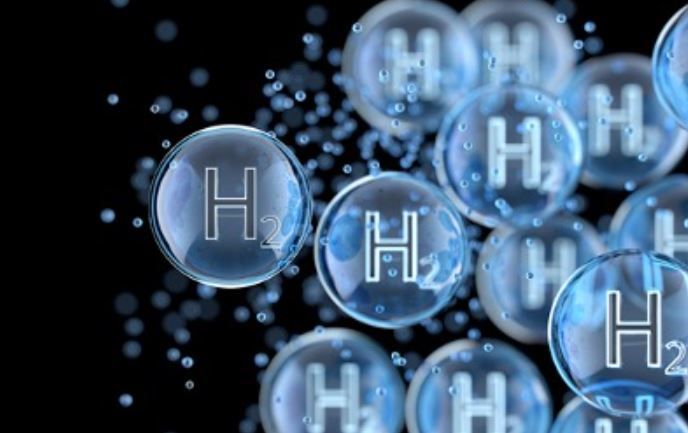A recent study led by Aberdeen University has cast doubt on the viability of repurposing decommissioned gas fields for hydrogen storage, raising concerns about the safety and environmental implications of such projects.
The focus of the study, the Cousland gas field in Midlothian, Scotland, failed to meet the criteria for safe subsurface hydrogen storage, indicating potential hurdles for similar initiatives.
Hydrogen storage plays a pivotal role in the UK’s journey toward net-zero emissions. As the Royal Society estimates the need for up to 100TWH of hydrogen capacity by 2050, finding secure storage solutions is imperative. While rock salt caverns are considered safe storage sites, Scotland lacks onshore salt deposits, leading to the exploration of depleted gas fields.
The study, led by Professor John Underhill and Malcolm Butler, highlighted significant barriers to using the Cousland site for hydrogen storage. These include a lack of evidence regarding subsurface sedimentary rocks and the field’s structure. The findings could potentially challenge the feasibility of employing decommissioned onshore sites for hydrogen storage, not only due to safety concerns but also potential risks to surrounding communities from hydrogen leaks.
The implications extend beyond onshore sites, potentially affecting offshore storage plans. Notably, the study raises questions about the viability of storage projects at offshore sites like Centrica’s Rough field in the North Sea. The issue of gas storage is critical for the UK government’s net-zero ambitions, emphasizing the need for careful consideration and planning.
To address these challenges, the study suggests deploying artificial intelligence (AI) and machine learning for a faster and more efficient identification of suitable storage sites. Detailed planning and a comprehensive marine spatial plan are deemed essential, considering various factors like oil and gas, offshore wind, fishing, hydrogen, and environmental considerations in the North Sea.





